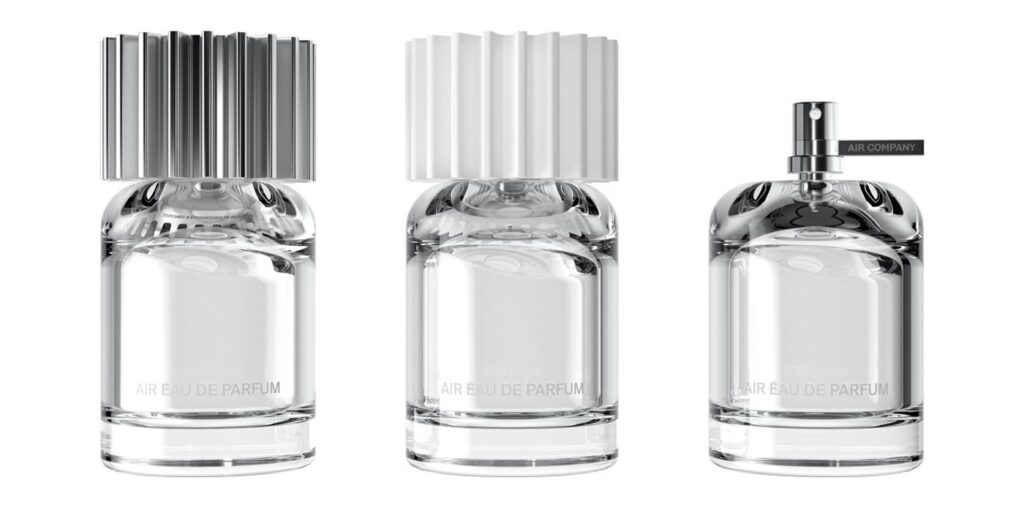
Demonstrating that CO2 isn’t only pollution, but can also be a valuable raw material, a company has launched a perfume line smelling of figs and tobacco, but made from greenhouse gases instead.
With the principal ingredient being ethanol, Air Company ditches the normal process of fermenting corn for that of their proprietary technology which acts as a kind of artificial photosynthesis when fed CO2 captured from nearby Brooklyn factories.
The result is entirely sustainable ethanol, since the factory is powered by 100% renewable energy.
Air Company has released a line of ethanol-based products sourced from CO2, including the Air Eau de Parfum, Air Vodka—which GNN has previously reported on—and Air hand sanitizer.
This has the double impact of reducing the amount of corn produced to create ethanol by commercial means, freeing up farmland for more productive and desired uses.
“The goal for us has always been to use these products in our own internal research and development for the company, but as beacons for people to show you that you can make these really sustainable products that people use every day in their lives,” cofounder and CEO Gregory Constantine told Fast Company.
RELATED: Spray-on Treatment Could Lengthen Life of Roads While Making Cities Cooler
Eau de Parfum contains hints of fig, jasmine, orange peel, powdery musk, tobacco, and azalea. However novel and exciting Eau de Parfum may be, the true innovation from this company’s technology is yet to come.
Air Company is hoping to open up the market for regenerative jet fuel, synthesized directly from the emissions in the air, from nearby factories, or from the airport itself to give chances for airlines to dramatically reduce their carbon-emissions footprint.
“We’re emerging as a pioneer in this space, creating a carbon-neutral jet fuel to be distributed across North America. To curb our emissions stemming from transport, we’ll deploy modular sites as close to airports as possible, creating a direct facility-to-airport pipeline,” the company writes.
CO2 contains several of the most fundamental building blocks of nature, and infrastructure that allows manufacturers to tap into it provides a serious incentive to invent new ways of capturing it from the atmosphere.
SPRITZ the News of This Fresh New Perfume in This Social Feeds…




















